Did You Know?

Good options for treating schizophrenia
September 14, 2020Three antipsychotic medications — haloperidol, olanzapine and risperidone — are effective for treating schizophrenia. These medications, along with education and intensive social supports, can help young people cope when they have this diagnosis. For more information, see Vol. 3, No. 3 of the Children’s Mental Health Research Quarterly. 2009
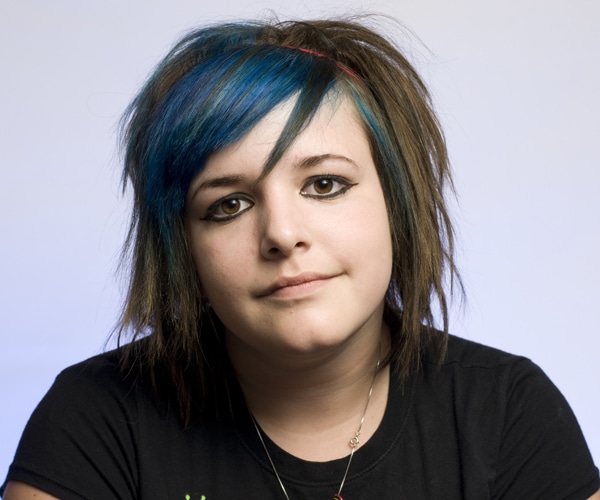
Kids can be cared for in the community
September 7, 2020Every year on Sept 10, people in more than 50 countries connect to work together to prevent suicide. In the spirit of this day, the Children’s Health Policy Centre encourages all people who care for children to understand that hospitalization is not the only option. Multisystemic Therapy offers 16 weeks of intensive community-based treatment, which can reduce mental health problems even more effectively than inpatient care. For example, youth who received this intervention had fewer suicide attempts one year later than those who were hospitalized. For more information, see Vol. 7, No. 3 of the Children’s Mental Health Research Quarterly. 2013
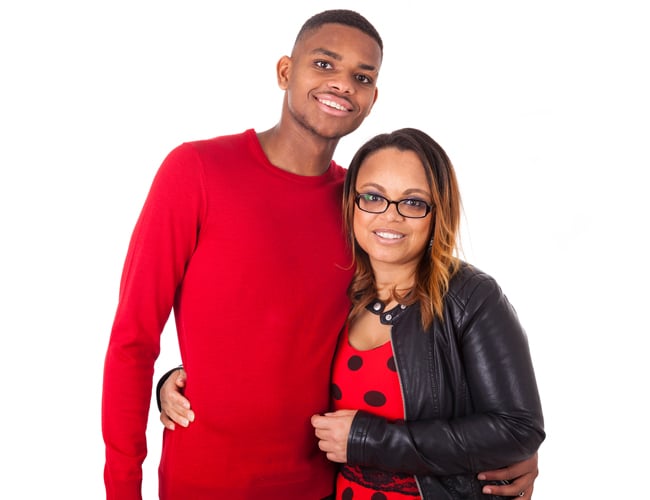
Brief therapy reduces drinking
August 24, 2020Alcohol consumption in pregnancy can cause harm. And for those who need support to stop drinking in pregnancy, there are effective interventions. For example, when practitioners delivered a single 25-minute session to pregnant women and their partners, alcohol use was reduced fivefold — from five days a month to one. For more information, see Vol. 5, No. 2 of the Children’s Mental Health Research Quarterly.
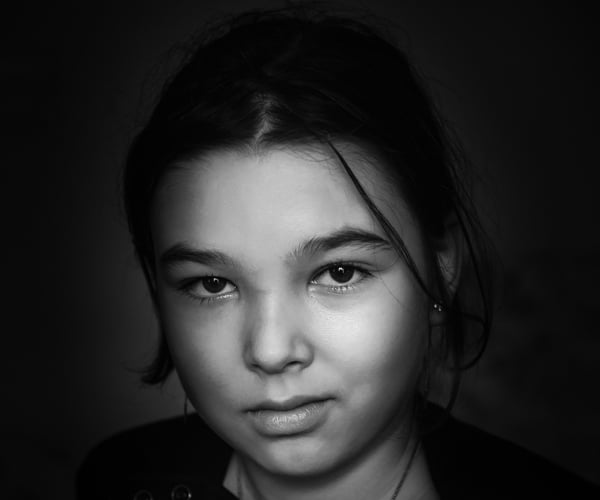
Study highlights a strongly underserved population
August 17, 2020Beyond evaluating the effectiveness of Nurse-Family Partnership, the scientific study of this program is highlighting a population that has been underserved in BC. Many participants also tell us, anecdotally, that through this study they feel their voices are being heard, often for the first time.
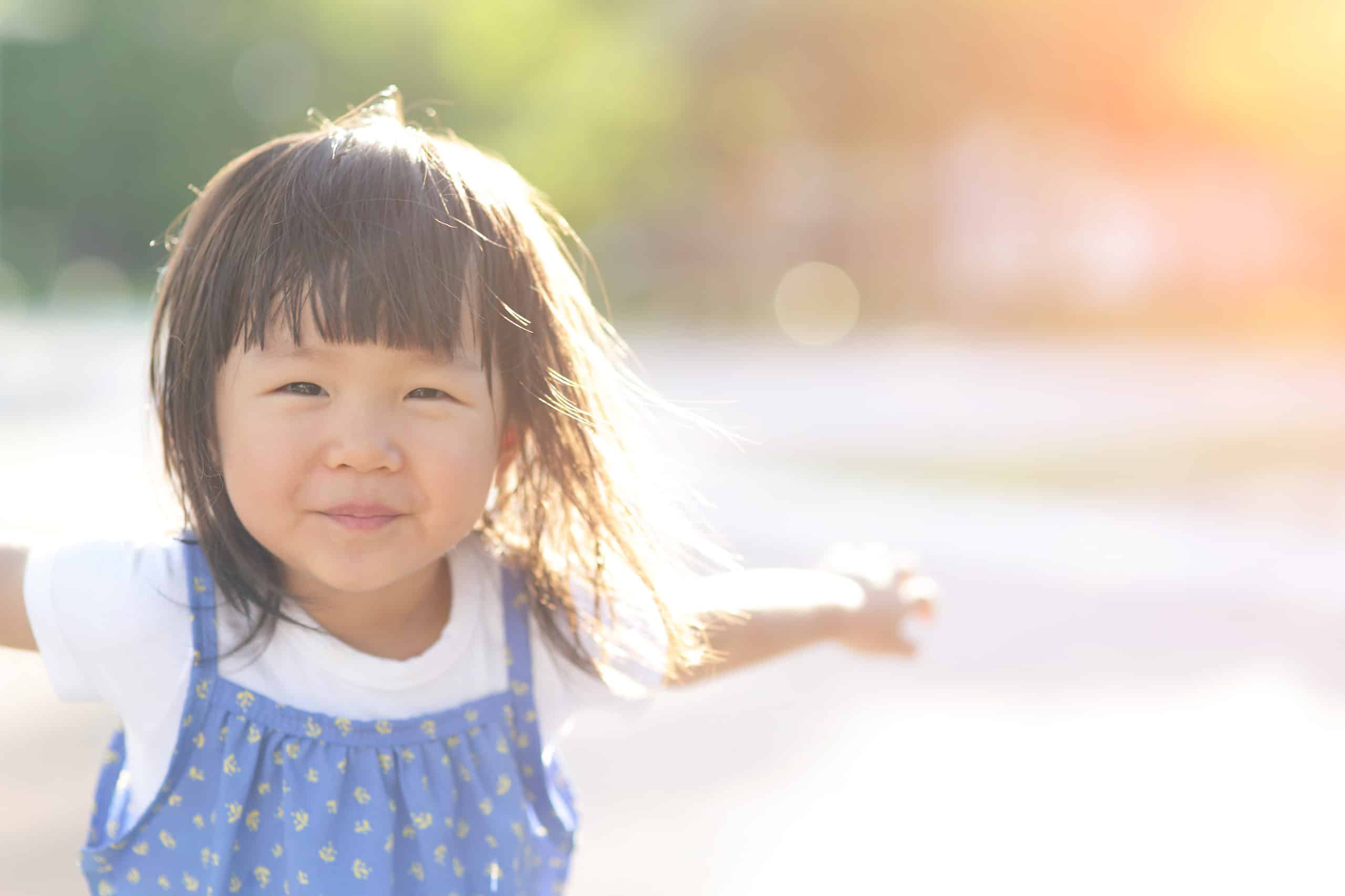
Young lives deserve early investments
August 10, 2020The 1.8 billion youth between the ages of 10 and 24 in the world are being celebrated on Aug. 12, as part of the United Nations’ International Youth Day. On this celebratory occasion, the Children’s Health Policy Centre would like to remind everyone that most mental disorders start in childhood, then persist into adulthood. These include anxiety and behaviour disorders. Given this situation, effective prevention and treatment options need to be offered early in the lifespan — for all children in need. For more information, see Vol. 3, No. 1 of the Children’s Mental Health Research Quarterly.

More practitioners need CBT training
August 3, 2020Cognitive-Behavioural Therapy (CBT) is a highly effective treatment for childhood obsessive-compulsive disorder. This treatment involves gradually exposing children to feared situations while they practise managing their distress. Despite strong research evidence that this treatment is effective, it is still not widely available. More practitioners therefore need to be trained and supported to offer CBT. For more information, see Vol. 1, No. 3 of the Children’s Mental Health Research Quarterly.
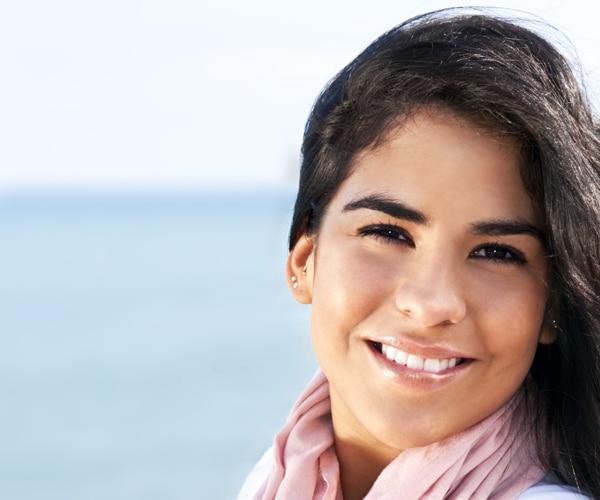
Nurses have expertise to deliver program for young moms
July 26, 2020It might seem that people such as community workers or peer-support counsellors could deliver Nurse-Family Partnership successfully. But in US studies comparing these kinds of workers with nurses, the results were not as good. In particular, child outcomes did not improve as much as they did with nurses, and more mothers dropped out of the program early. So, the program’s developers concluded that public health nurses are essential for effective delivery.
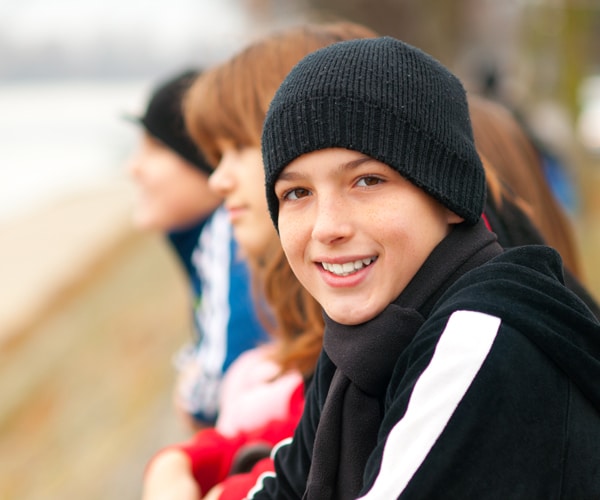
Family ties prevent substance misuse
July 20, 2020Families play a major role in protecting young people from problematic substance use. In particular, children typically use less alcohol and cannabis when parents have strong connections with their children, provide high levels of support and supervision, and encourage meaningful participation in the family. For more information, see Vol. 12, No. 1 of the Children’s Mental Health Research Quarterly. (2018)

Most study participants reported abuse or neglect
July 13, 2020More than half of participants in the BC Healthy Connections Project reported experiencing moderate-to-severe neglect, physical abuse, emotional abuse and/or sexual abuse when they were children, at age 16 years or younger. Half (50%) also reported intimate partner violence within the past year.
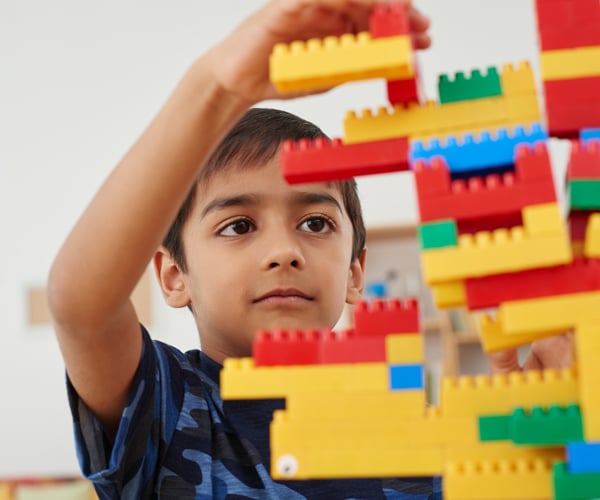
Medications can help; so would more research
July 6, 2020Many young people are prescribed medications for ADHD, bipolar disorder and schizophrenia — often with good effect. The appropriate medications can help young people to function better at home, at school and in the community. Yet more research is needed on the long-term effects — and side effects — of the psychiatric medications used to treat children, particularly research that is free from drug company involvement. For more information, see Vol. 1, No. 4 of the Children’s Mental Health Research Quarterly.
